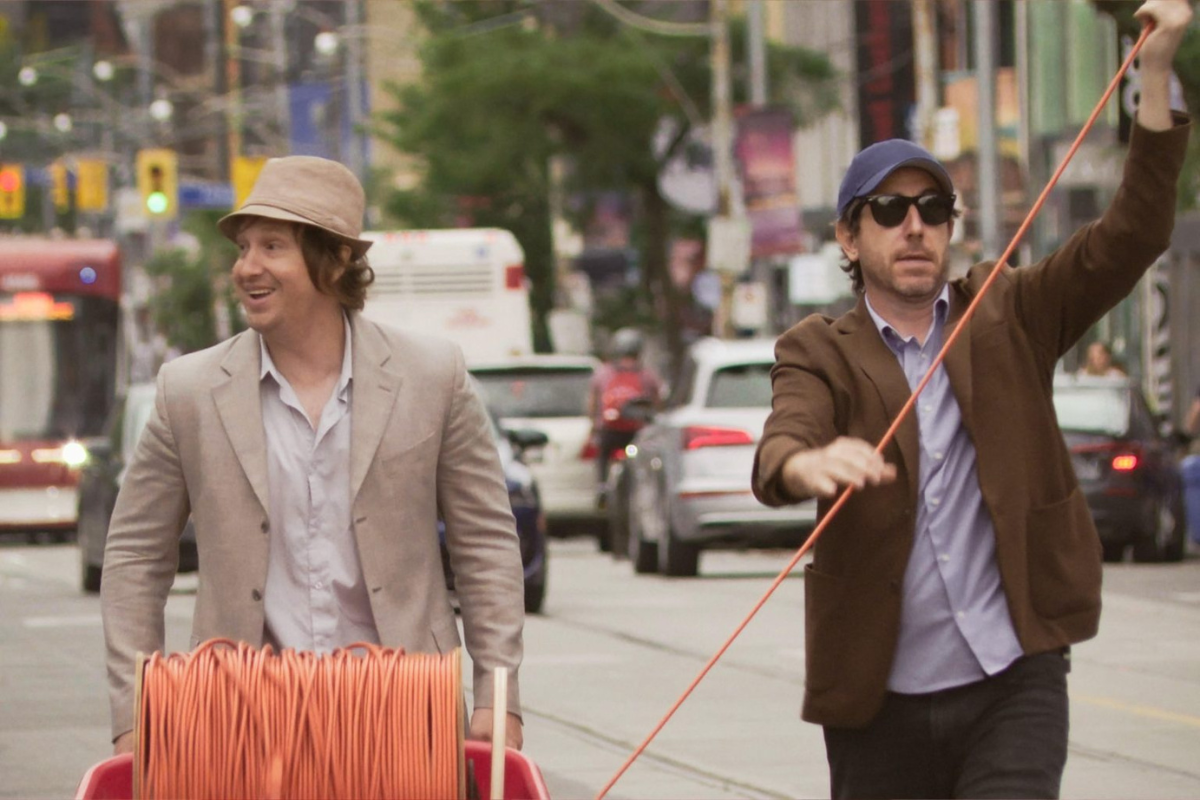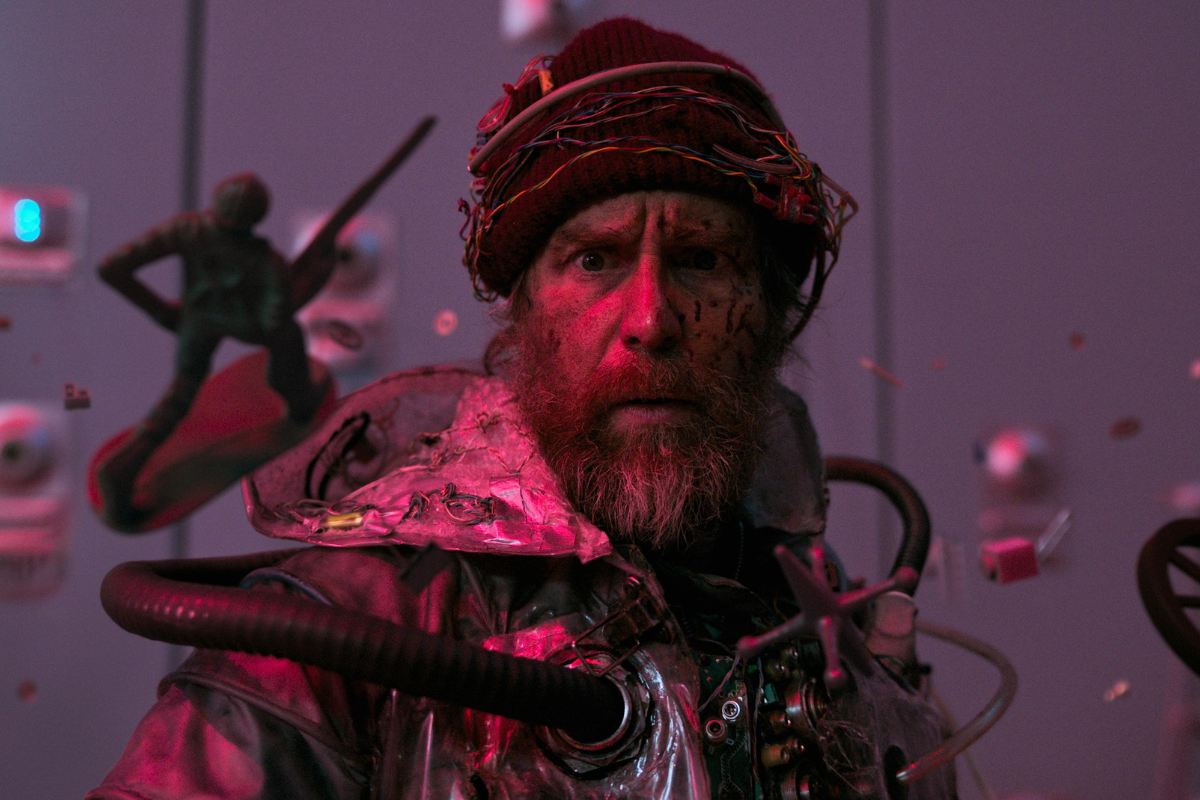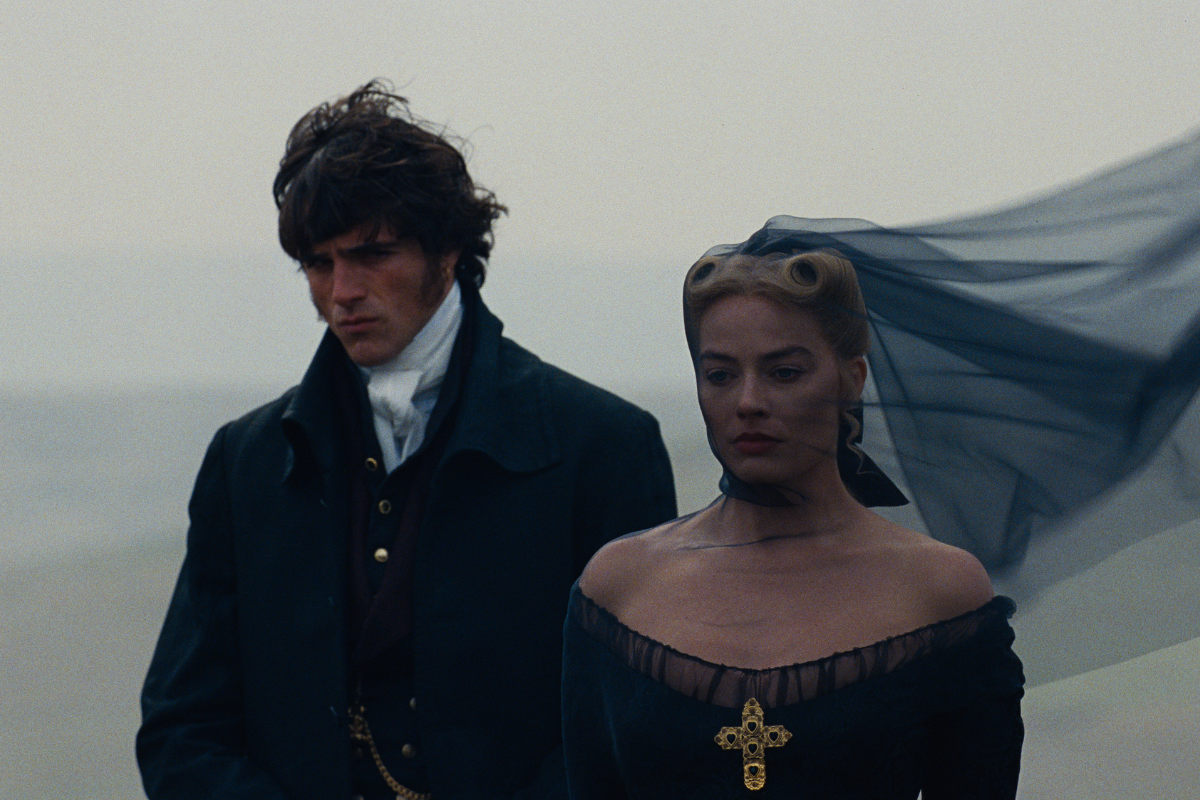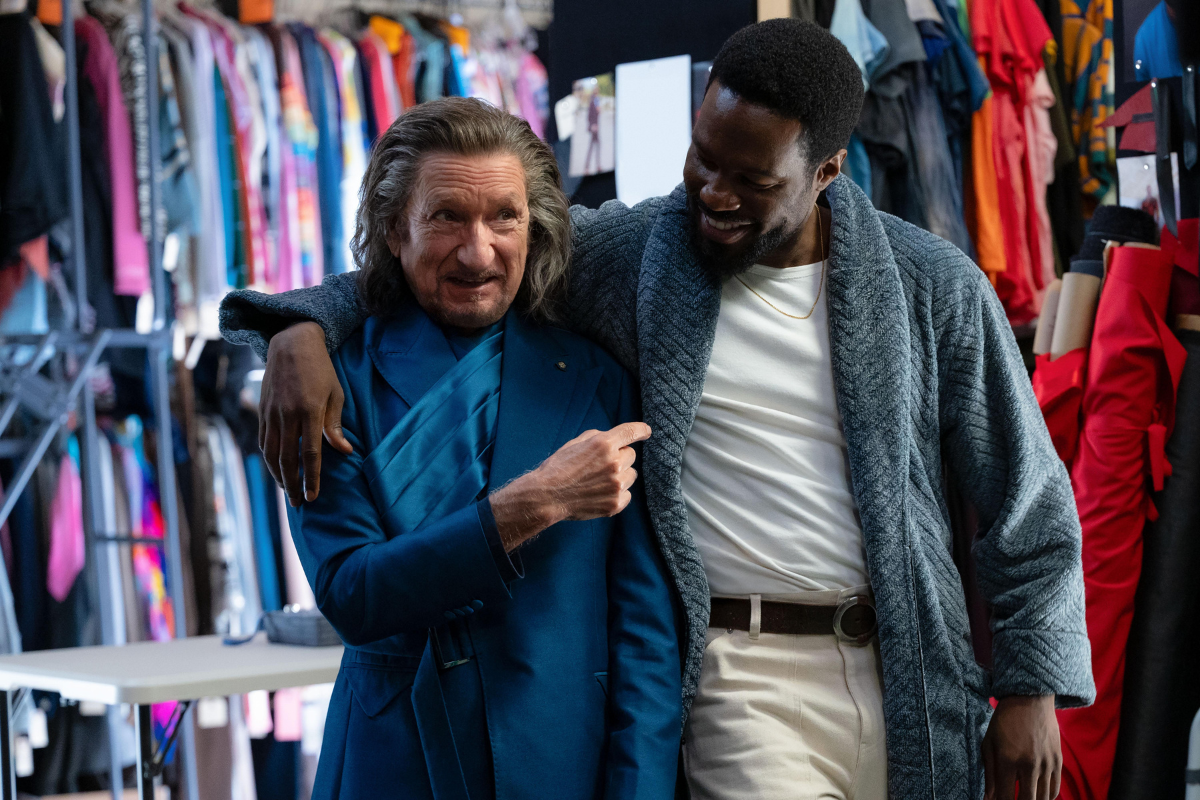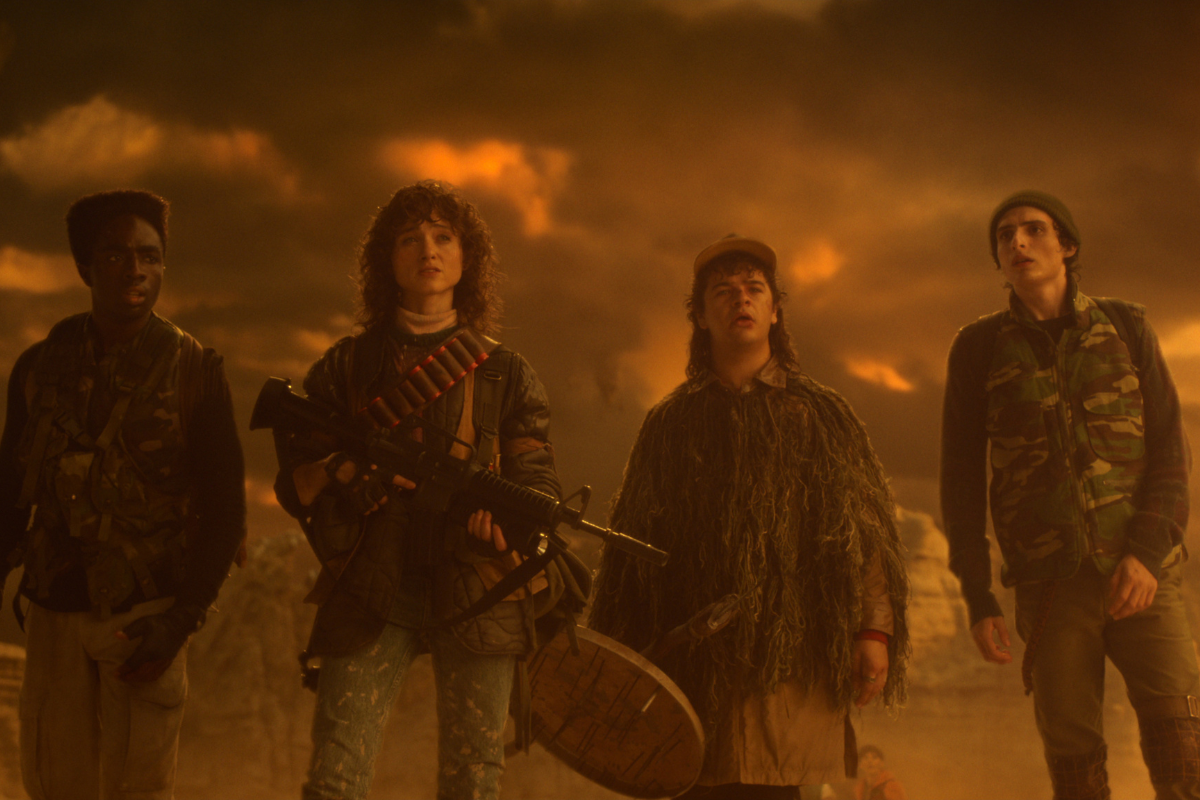‘Train Dreams’ Review
A Quiet Life Carved Into the Immensity of America
Clint Bentley’s Train Dreams is a film that approaches the idea of existence with rare patience and a heartfelt understanding of how small a single life is when measured against the unstoppable movement of time. It is adapted from Denis Johnson’s celebrated novella, an elegiac portrait of a logger named Robert Grainier living in the early twentieth century, a moment when the American frontier was shifting from untouched wilderness into a country that believed it could conquer anything. Bentley captures that shift with immense clarity, but the real miracle here is the way he finds the heartbeat that runs beneath it. Deeply felt craft is a rare thing. Great craft is also rare. When both arrive at once, the result feels like something close to grace. And as with all special movies, it reminds us that we are each profoundly alone in this world, except for the precious moments when we are not.
Train Dreams opens with the quiet rhythm of a life built from labor. Robert works among trees that have stood longer than any of the men cutting them down. Every chop of wood feels textured. Every leaf crunch and every bird call comes through as if the land itself were speaking. It is impossible not to feel each sensory note within the seemingly unending landscape that surrounds him. Few films in recent years have used the natural world as an anchor quite as effectively as this one. There are moments that call to mind Werner Herzog’s Aguirre, carried by the ghostly emptiness of a place at the edge of something unknowable. There are other moments that echo the spiritual language of Terrence Malick, where characters are contextualized not through dialogue but through the land that holds them. Yet the film never feels like an imitation. It becomes its own quiet, melancholic meditation, one that reduced me to tears in its final stretch.
The story itself moves to its own tempo. It is not the spectacular kind of frontier story, not one that rests comfortably within familiar structure, and far from anything told simply for the sake of explanation. What emerges instead is a particular kind of fairy tale about loss, grief, and solitude, one of the most beautiful films of this year precisely because it refuses to simplify what it means to live a life and carry its weight. Bentley and his collaborators create a world full of decent human beings. We follow Robert through the most memorable episodes of his life, moving from moments of breathtaking beauty to moments that carry enormous pain. Conversations arrive unpretentiously, half formed and entirely truthful, philosophy delivered not through intellectual flourish but through pragmatic reflection from men who know only work, family, and weather.
Everything on screen feels perfectly built. Cinematographer Adolpho Veloso composes images that are almost hypnotic. The light that moves through the trees becomes a kind of living presence. Bryce Dessner’s score arrives like a memory, dreamy and warm, wrapping itself around each scene with gentle insistence. Joel Edgerton gives one of the finest performances of his career as Robert, carrying a sense of internal stillness that never once feels empty. Felicity Jones provides the film with a quiet emotional core as Robert’s wife. William H. Macy appears briefly, but with such lived in energy that his presence lingers long after the scene ends. Every actor feels like a human being who has stepped out of a photograph from the era.
Tragedy arrives in Robert’s life the way it often arrives in reality, seemingly without reason. The grief that follows is depicted with an honesty that feels almost painful. The film understands the strange desire we sometimes have to lie down in the rain and wait for time to reverse, to scrub away whatever cruelty fell upon us. Robert’s world begins to blur as the years move forward, the frontier slowly giving way to modern roads, engines, and eventually a world that no longer has a place for the quiet solitude he once found comfort in. Bentley captures the surreal feeling of watching the world outgrow you, a slow ache that many will recognize.
There is a rugged poetry running through every frame. This is a film born from soil, smoke, tree bark, steam from distant train engines, and the exhausted breath of workers whose names will never appear in history books. In Robert’s eyes we see the transformation of a country built on labor and migration, and the ease with which time erases the people who made it possible. The wilderness is not a simple backdrop. It is a sentient force that can nurture or destroy without intent. Train Dreams moves like memory itself, unhurried and sometimes fragile, aware that the meaning of a life is rarely found in large gestures, but in the small moments that echo long after they pass.
Death is rarely far from Robert’s work. He encounters fellow workers who vanish from job to job or die in sudden and unceremonious accidents. He carries the memory of witnessing cruelty that he could not prevent. He experiences the bliss of a small family only to learn how grief can hollow a person from the inside. Through it all, the film treats even the most crushing moments with tenderness. Bentley avoids melodrama and instead leans into the contemplative truth of how grief unfolds. Sometimes it is a gentle haunting, a voice in the trees, a flicker of movement in the corner of memory. Sometimes it is a question with no clear answer. What is a life? Who do we become when time continues without us?
What moved me most is the simplicity with which the film captures connection. There are moments in life that feel unbearably confusing, moments when we trudge through self-imposed drudgery, bureaucracy, and exhaustion. And then there are flashes, just flashes, where a single note in the great symphony of existence brings everything into sharp focus. Train Dreams conveys these moments without ever naming them. It invites the viewer to recognize how they arrive, how they vanish, and how essential they are to the experience of being human. The unbearable tragedies and the exultant moments walk together, hand in hand, through a world that is forever changed by our passing and at the same time will not remember our names.
Train Dreams is not only a portrait of a man. It is a portrait of an era. It is a story about the transition from an old world of trees, streams, and sunsets to a new world of paved roads, industry, and progress. It is about someone who lived long enough, one day at a time, to witness that shift and wonder what his place in it was. It is about the same unavoidable truth that we all face, which is that life is finite and fragile. Yet the film offers a soul warming and deeply compassionate reminder that meaning does not depend on scale. Meaning can exist within an ordinary life, within love that arrives briefly, within grief that reshapes us, within the simple act of enduring.
If you have the chance to see Train Dreams in a theater, you should not miss it. It is one of the most moving cinematic experiences of the year, a film that honors the quiet heartbeat of a life and the vast landscape that surrounds it.
Train Dreams is now streaming on Netflix.


